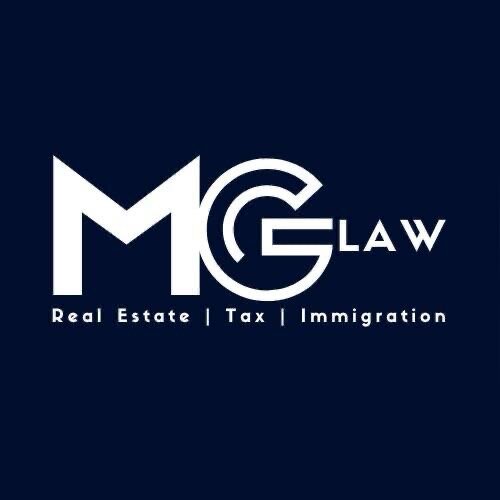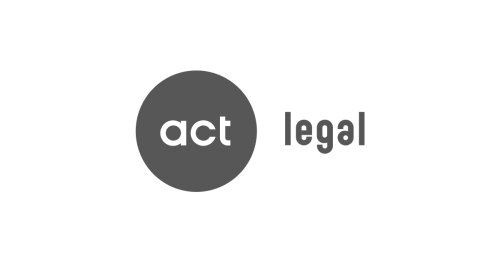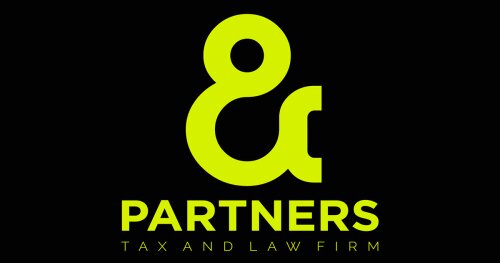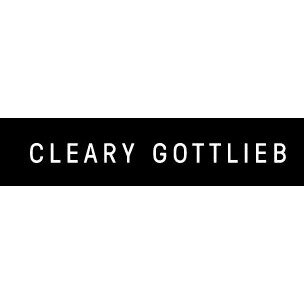Best Brokerage Lawyers in Italy
Share your needs with us, get contacted by law firms.
Free. Takes 2 min.
Free Guide to Hiring a Real Estate Lawyer
Or refine your search by selecting a city:
List of the best lawyers in Italy
About Brokerage Law in Italy
Brokerage law in Italy governs the activities and conduct of brokers, ensuring they meet legal standards and obligations. It covers various forms of brokerage activities, including real estate, financial markets, and business transactions. Italian laws have evolved to keep pace with the dynamics of these industries, focusing heavily on transparency, professional qualification, and regulatory compliance.
Why You May Need a Lawyer
Engaging a lawyer can be crucial when navigating brokerage-related activities in Italy. Common situations where legal assistance is valuable include:
- Understanding and complying with Italian brokerage regulations.
- Drafting and reviewing brokerage contracts and agreements.
- Resolving disputes or misunderstandings between brokers and clients.
- Dealing with regulatory bodies and compliance issues.
- Navigating cross-border brokerage deals or business transactions.
Local Laws Overview
Key aspects of brokerage laws in Italy can significantly impact how brokerage services are provided and received:
- Regulation and Compliance: Italian brokers must comply with the legal framework set by agencies like CONSOB for financial brokers.
- Licensing Requirements: Brokers need specific licenses to operate legally, based on their area of practice.
- Contracts & Documentation: Legal documents must adhere to transparency standards and protect all parties' rights.
- Consumer Protection: Laws ensure fair practices and protect clients from fraud or unethical acts.
Frequently Asked Questions
What is required to become a licensed broker in Italy?
Becoming a licensed broker typically requires passing a qualifying exam, possessing relevant educational credentials, and registering with appropriate regulatory bodies.
Are there specific taxes associated with brokerage in Italy?
Yes, there are specific tax obligations for both brokers and clients. For instance, financial transactions may be subject to certain fees or VAT.
How does one lodge a complaint against a broker?
Complaints can be lodged through regulatory bodies, such as CONSOB for financial brokers, or local consumer protection bureaus.
Can foreign brokers operate in Italy?
Foreign brokers can operate in Italy but must comply with Italian laws, including obtaining necessary licenses and adhering to local regulations.
What documentation is typically required in brokerage transactions?
Documentation includes contracts, disclosure statements, licensing proof, and sometimes financial statements, depending on the transaction type.
Is online brokerage legal in Italy?
Yes, online brokerage is legal, but providers must comply with stringent regulations to ensure consumer protection and data security.
What are the penalties for non-compliance with brokerage laws in Italy?
Penalties may include fines, revocation of licenses, and, in severe cases, criminal charges against the offending entity or individual.
How are disputes between brokers and clients typically resolved?
Disputes may be settled through negotiation, mediation, arbitration, or litigation, depending on the case's complexity and the parties' preference.
What ethical standards must Italian brokers adhere to?
Brokers must operate with integrity, transparency, and accountability, ensuring clients are well-informed and protected from malpractice.
Are there continuing education requirements for brokers?
Yes, brokers often must engage in ongoing education to stay updated with the latest regulatory changes and industry standards.
Additional Resources
For more information and additional support, consider reaching out to the following resources:
- CONSOB (Commissione Nazionale per le Società e la Borsa) for financial brokerage regulation.
- The Italian Association of Business Brokers for industry standards and support.
- Chambers of Commerce for regional brokerage guidelines and practices.
- Local bar associations for legal assistance and finding a qualified lawyer.
Next Steps
If you need legal assistance in brokerage, here are some suggested steps:
- Identify your specific legal needs related to brokerage.
- Research and consult with qualified lawyers or law firms specializing in brokerage law.
- Prepare any relevant documentation and information to discuss with your lawyer.
- Stay informed about local and national brokerage regulations that pertain to your case.
Taking these steps can help ensure a smooth and legally compliant brokerage process in Italy.
Lawzana helps you find the best lawyers and law firms in Italy through a curated and pre-screened list of qualified legal professionals. Our platform offers rankings and detailed profiles of attorneys and law firms, allowing you to compare based on practice areas, including Brokerage, experience, and client feedback.
Each profile includes a description of the firm's areas of practice, client reviews, team members and partners, year of establishment, spoken languages, office locations, contact information, social media presence, and any published articles or resources. Most firms on our platform speak English and are experienced in both local and international legal matters.
Get a quote from top-rated law firms in Italy — quickly, securely, and without unnecessary hassle.
Disclaimer:
The information provided on this page is for general informational purposes only and does not constitute legal advice. While we strive to ensure the accuracy and relevance of the content, legal information may change over time, and interpretations of the law can vary. You should always consult with a qualified legal professional for advice specific to your situation.
We disclaim all liability for actions taken or not taken based on the content of this page. If you believe any information is incorrect or outdated, please contact us, and we will review and update it where appropriate.
Browse brokerage law firms by city in Italy
Refine your search by selecting a city.















